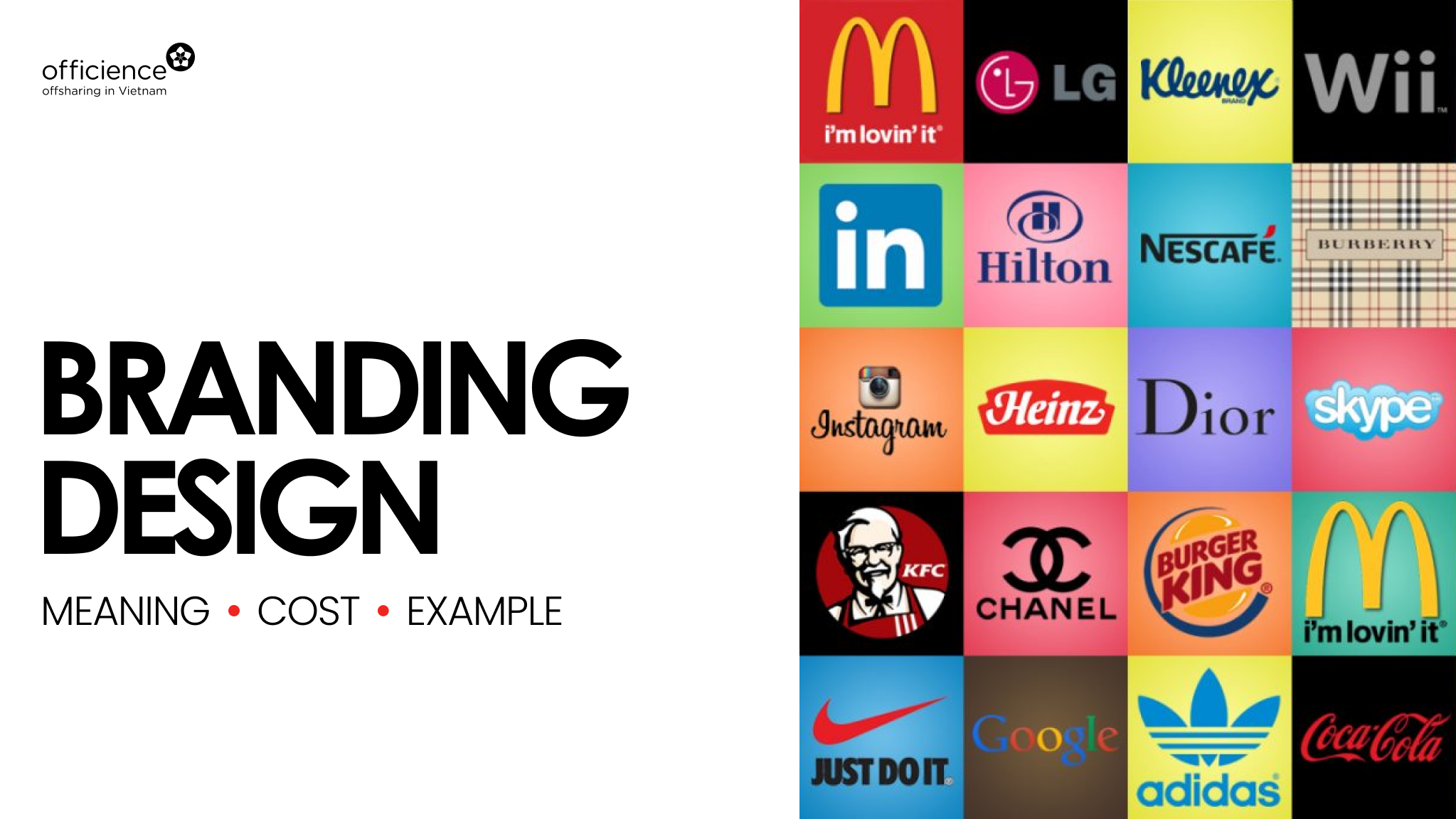Why Robust Branding Is Essential for Market Leadership
A well-defined brand name identity not just sets a firm apart from its rivals yet likewise cultivates trust fund and emotional links with consumers. What are the details methods that can elevate a brand name to this renowned status?
Recognizing Brand Identification
Consistently acknowledging the significance of brand identification is essential for any kind of company aiming to attain market leadership. Brand name identification includes the visual components, messaging, and overall perception that differentiate a firm from its competitors. It works as a foundation for how consumers connect and perceive with a brand, playing a crucial duty in shaping their expectations and experiences.
A distinct brand identification interacts the core worths and mission of a company, developing an emotional link with its target audience. Elements such as logos, color plans, typography, and intonation have to align cohesively to convey a constant message across all platforms. This consistency strengthens brand name acknowledgment and promotes consumer commitment.
Furthermore, brand identity is not merely shallow; it shows the authenticity and stability of a business. It should be thoroughly crafted to resonate with the designated audience while staying adaptable to developing market patterns. Organizations that prioritize a strong brand identification can effectively distinguish themselves, build a positive reputation, and cultivate a devoted client base. Eventually, a durable brand name identity is essential for navigating competitive landscapes and sustaining long-term success.
Structure Consumer Trust
A solid brand identity prepares for constructing customer trust fund, a crucial component in attaining market leadership. Trust is not just an emotional action; it is a calculated asset that can dramatically influence purchasing decisions and brand loyalty. Companies that cultivate openness, dependability, and consistency in their messaging and activities cultivate a feeling of safety and security amongst consumers.
To build this trust fund, brands have to provide on their guarantees. This means guaranteeing that product quality meets consumer expectations and that solution experiences are responsive and favorable. Constant communication strengthens integrity; when customers understand what to anticipate and that their problems will be dealt with, their self-confidence in the brand name grows.
Social proof additionally plays a critical role in establishing count on. Positive evaluations, endorsements, and endorsements from credible sources improve a brand's track record and can persuade possible consumers. Involving with consumers via social systems and addressing their worries openly demonstrates accountability and commitment.
Differentiation in Competitive Markets
In today's crowded marketplace, differentiation is vital for brand names looking for to attract attention and record consumer focus. With countless options available, customers are often overloaded, making it essential for brands to establish an one-of-a-kind identification that reverberates with their target market. This distinction can show up via numerous components, consisting of product features, rates approaches, customer care, and brand name messaging.
Reliable differentiation entails not just determining what makes a brand unique yet likewise communicating these differences clearly and regularly. Brands have to verbalize their value proposition in such a way that addresses particular consumer demands and preferences. why not try here A firm may focus on sustainability, ingenious technology, or individualized client experiences to sculpt out a niche in an affordable landscape.
Additionally, brand names must continually examine their competitive setting to adapt and fine-tune their distinction techniques. This aggressive method makes certain that they remain appealing and pertinent to customers as market dynamics evolve. Ultimately, durable branding that stresses differentiation not just fosters brand name commitment yet likewise places a firm as a leader in its industry, leading the way for continual development and market dominance.
Psychological Links With Customers
Psychological links offer as an effective stimulant in structure long-term relationships between brands and consumers. When consumers reverberate with a brand name on a psychological degree, it cultivates commitment that transcends simple transactional interactions. Brands that efficiently stimulate emotions-- whether via narration, shared values, or authentic engagement-- create a feeling of belonging for their consumers.
These psychological connections can considerably influence acquiring choices, as consumers are commonly driven by feelings instead of reasoning. A brand name that lines up with customers' desires or addresses their discomfort points can grow a deep-seated commitment that brings about repeat organization and favorable word-of-mouth references.
In addition, psychological branding allows firms to distinguish themselves in crowded markets. By taking advantage of the sentiments of their target market, brands can take a special identity that reverberates deeply, making them memorable and preferred over rivals.
In an age where consumers are pestered with options, a solid emotional link can be the making a decision consider brand name preference. Hence, focusing on psychological engagement is not simply an advertising strategy; it is a strategic critical for brands seeking to develop meaningful relationships and improve customer retention.
Long-Term Service Success
Sustainable service development rests on Go Here the capacity to cultivate durable branding techniques that reverberate with customers in time. A solid brand name not just separates a company from its competitors but likewise cultivates loyalty and count on amongst clients. This long-lasting relationship is necessary for ensuring repeat service, which dramatically adds to profits security and development.
In a significantly competitive industry, brands that connect a clear and consistent message are much more likely to flourish. This uniformity enhances brand name identity, making it easier for consumers to select the brand name and recall over others. Robust Branding. As a result, a reputable brand can adapt to market modifications without losing its core essence, enabling development without pushing away faithful clients
Additionally, robust branding produces a system for consumer engagement, whereby businesses can gather feedback and adjust their offerings accordingly. This iterative procedure not just boosts client contentment yet additionally constructs a neighborhood around the brand name, promoting a sense of belonging.
Conclusion

Organizations that focus on a strong brand name identification can efficiently separate themselves, build a favorable credibility, and grow a loyal consumer base.A strong brand identification lays the foundation for developing customer depend on, a key component in accomplishing market management. A strong brand not only sets apart a business from its rivals but also promotes commitment and trust amongst clients. As an outcome, a well-established brand name can adjust to market changes without losing its core significance, permitting for innovation find out this here without pushing away devoted consumers.
